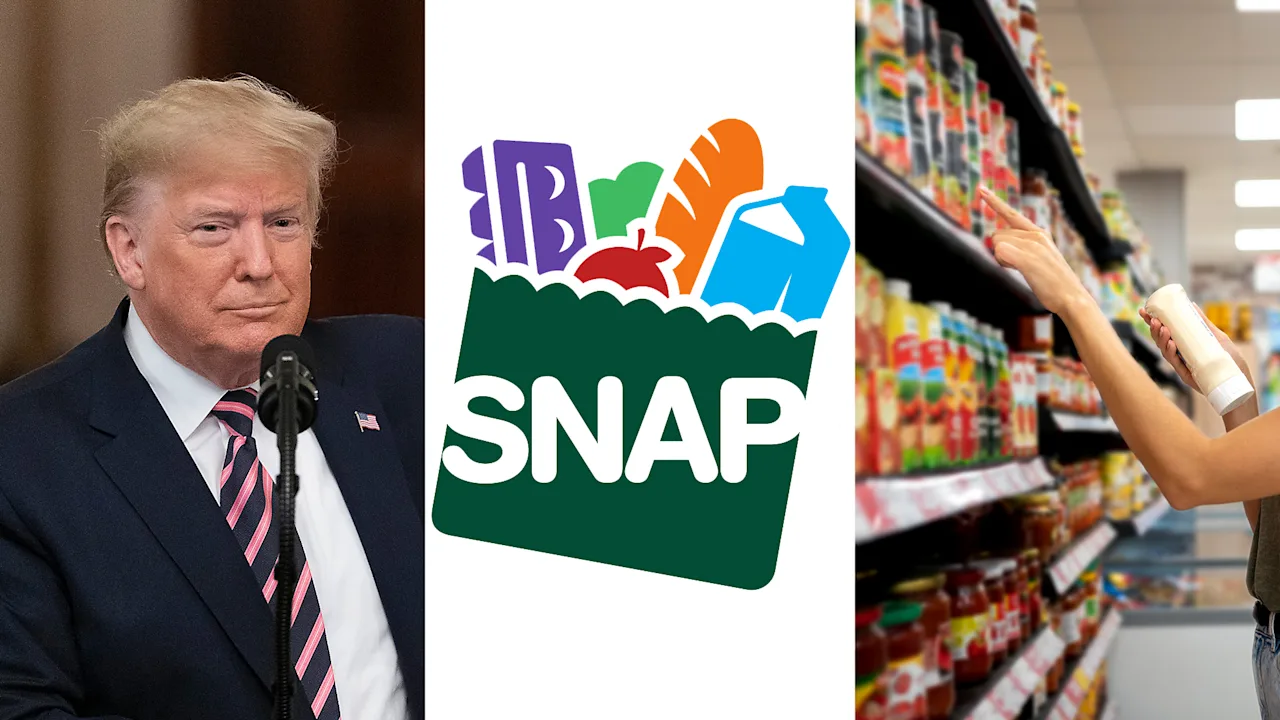
On July 4, the President of the President, a “big, beautiful law” called the “Great, Fine Law”, called the “Great, Beautiful Law”, can be undesirable to the US food stores, especially for those in independent or low-income neighborhoods.
The bill shares the government’s expenses for items such as Medicare and Medicaid, and gave corporations and the richest Americans mass tax discount. But at the same time, the additional nutritional assistance program (SNAP) received at least 41.7 million last year, the benefits of the federal program also cut.
According to the Union of National Grocets (NGA), which represents its independent community groceries, as well as its wholesale groceries, comes from SNAP about 12% of the grocery store. In some village and low-income neighborhoods, 70% of sales are made using the Help Program. This means that neighborhood stores in those areas have almost decreased sales.
In May, the American Progress Center, at least 27,000 grocery retailers, probably the most severe shot hit by the incision of the bill. “The impact of cuts to SNAP is probably felt in areas with the highest ranks of the highest snap participation,” he said. “Although this communities did not reduce your family budget for food, the community could see relatives of local groceries.”
Between the economic problems before the Bill of the Bill, even large chains also tried great actions to be competitive. Last year, food products tried to unite Giants Kroger and Albertsons. The action, which is the largest supermarket combination in history, was blocked by a judge after the FTC sues.
“This historic victory allows millions of Americans to save more money from higher prices, milk, bread, to the egg, to the egg,” he said. “This victory is a transse of a Jewel-OSCE in the groceries, a frying, in the Albertsons in Albertsons, in the Albertsons in Albertsons in Kroger or Albertsons.”
Due to mass cuts, if buyers and grocers can suffer from the occupation and groceries, some Republicans pointed to an alleged UPTIC to reduce the snap for fake snap payments. Home Speaker Mike Johnson, FY2024’s latest quarter and the first quarter of FY2025 asked for a USDA statistics that leaped 55% of Snap operations. These false charges are not from the snap beneficiaries, but the scammers that are targeted by buyers who trust in the program.
